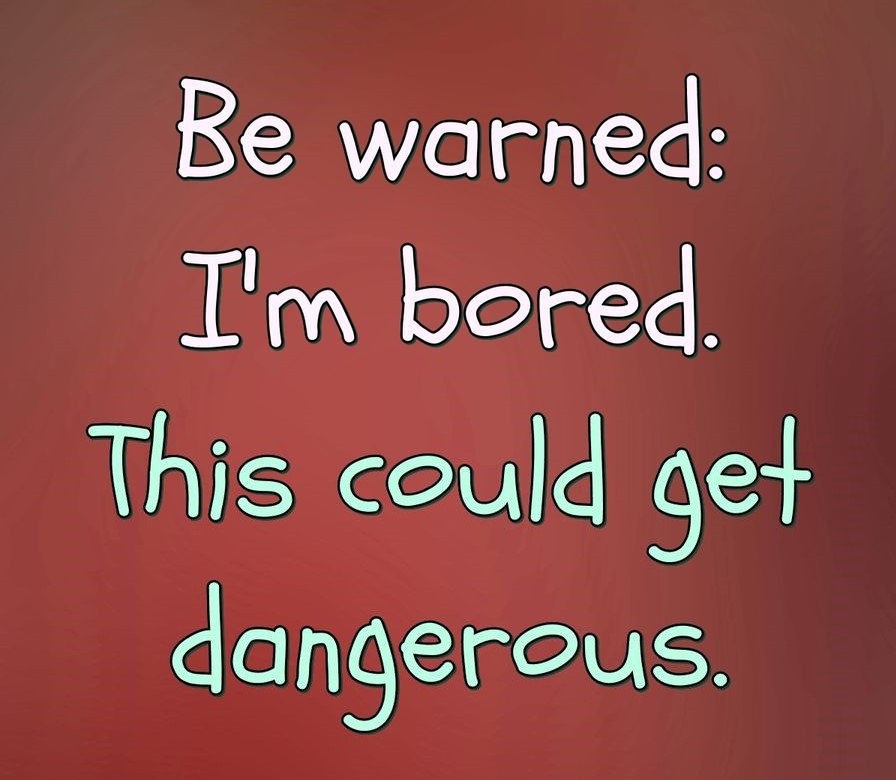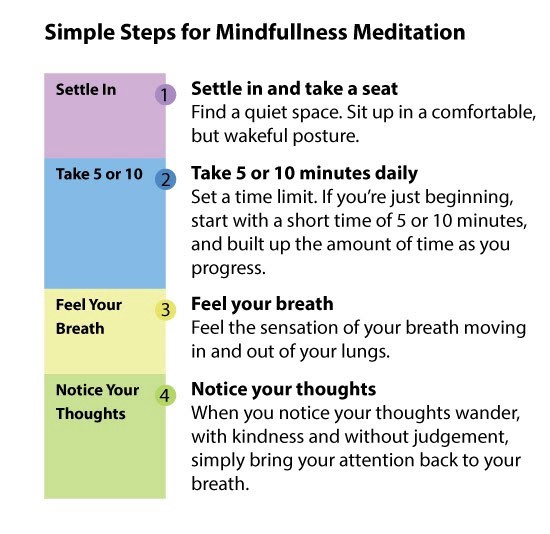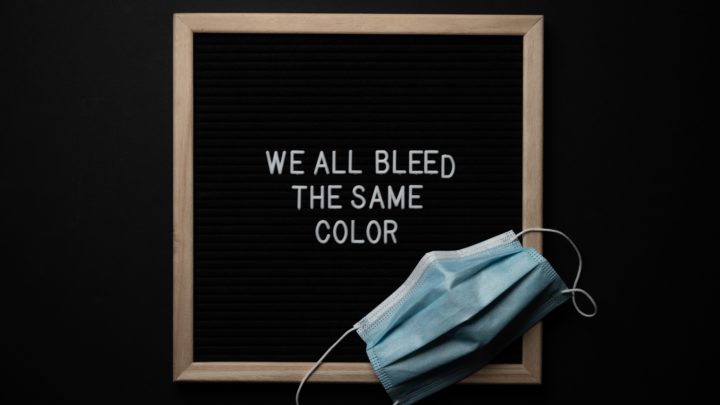As COVID-19 sweeps the globe, many people are experiencing boredom, especially since most of us have been mandated to work from home and self-isolate.
Gyms and retail shops are temporarily shut down… professional sports, festivals, and events are on hold… gathering places like bars, clubs, and seating areas in restaurants and cafes are closed. Most of the things that we did, watched and used on a daily, weekly, or monthly basis, we no longer have access to. Many of us have turned to binge-watching shows, or constantly surfing the net and social media outlets. Some of us find ourselves drinking more since “we’re bored” or if we don’t drink, we’ll likely find ourselves eating more. Even some of us have chosen not to physically distance and to attend social gatherings to obtain some respite.
We think we are bored because we aren’t able to do things we did, or we don’t have another hobby to replace whatever it was we did previously. When we’re prone to feelings of boredom we want to occupy our time to make time “pass more quickly”.
Why We Are Bored?
Boredom implies that we are understimulated with our environment, this leaves us craving for relief.
This strange thing is, when we are in a state of peace, we can easily find things do which capture our attention and are engaged with. Concentration becomes easy; sitting outside on the porch in silence is something we can savour and reading that book we’ve been meaning to get to becomes something we enjoy, or relaxing and doing nothing is something we are satisfied with.
We Are Stressed
When we are stressed we are more likely to experience feelings of boredom and restlessness, according to researchers from York University. Stress makes it harder to concentrate and be present. At a time like this, we could be stressed about our livelihood, our future income, our love ones and their health, or even going to a packed grocery store. Boredom becomes a numbing response to keep ourselves from feeling overwhelmed when we are overstimulated. Therefore, under-stimulation is not the issue, the exact opposite might be the reason.
Lack of Control
Researchers have also indicated that we experience boredom when we have little control over what is happening; such as while waiting in line, having little choice but to work from home. If we even wanted to work from a cafe, we wouldn’t have the option to do so. Boredom happens when we feel that we are unable to change the situation we are in. We feel stuck in a position we did not choose, boredom and apathy become a way of desensitizing and tuning out our feelings of powerlessness.
Avoiding Emotional Pain
“Feeling the need to be busy all the time is a trauma response and fear-based distraction from what you’d be forced to acknowledge and feel if you slowed down.”
Sports, entertainment, shopping, etc. are all vices of distraction, most of us have these vices, they’re crutches, keeping us from dealing with our feelings. What we are not usually aware of is we want to avoid pain, and we do this by constant distraction.
We all experience boredom from time to time and that a sign that we are not connected with ourselves and we’re not present. All those feelings (stress, powerlessness, fear) were already within us before the pandemic, we put them aside, distracted ourselves, and haven’t dealt with them. During this time, our boredom becomes exacerbated and magnified. Now, we have the opportunity to deal with it.
The Darkside of Boredom
Researchers have indicated that those of us who are prone to have high levels of boredom are likely prone to high levels of impulsiveness. We also tend to anger more easily and become aggressive more readily.

When we are impulsive, we are more likely to engage in risk-taking and sensation-seeking behaviours such as gambling, substance abuse, reckless driving, unsafe sexual practices etc.
Inappropriate impulsivity, anger expression and aggression can lead to negative immediate and long term impacts on us, those we care about, and people within our vicinity.
Many of our problems with addiction (such as binge-eating, overindulgence of alcohol), maladaptive anger expression and aggressive behaviours are connected with the deficiency for self-control. Researchers suggest the greater self -control we have and greater ability we have to regulate our emotions, the less likely we are to get bored.
How not to be bored
If the ability to regulate our emotions is what we need, we can gain it through the following:
1. Meditation
Meditation is a mental training practice, which teaches us how to become more aware of the present moment, our body, and our thoughts. When we practice meditation regularly we can reduce our levels of stress and anxiety. We are more able to regulate our emotions, improve concentration, and increase our capacity for empathy.
Techniques of meditation taught can vary. Overall, it involves paying attention to the present moment, feeling our breath, listening to our body, observing and slowing down our thoughts, and being kind to ourselves when we lose our focus.

2. Gratitude
Practising gratitude allows us to focus on the things that we are grateful for rather than on what we lack.
“Some people grumble that roses have thorns; I am grateful that thorns have roses.”
When we are thankful for what we have and appreciate the simple things in our everyday life it can significantly increase our overall life satisfaction.
3. Reframe Our Perspective
We may feel that we don’t have control over the situation which we are in. However, we do have control of our perspective of the situation. This can be an opportunity for us to embrace the situation, and make the most out of it.
There isn’t much a difference between boredom and relaxation, other than our internal view and perspective. While boredom connotes lack of joy or excitement; relaxation implies plenty of relief, peace, and alleviation. Once we change our perspective, we change our world.
4. Change the language we use
Changing the language we use to describe our current situation is a powerful way we communicate to ourselves and others. When we say to ourselves, “I’m in a state of utter boredom,” we bring on a whole different meaning and worldview than if we were to state, “I’m in a state where I can relax.” When we watch and change our language, we essentially bring on a different perspective and dictate to ourselves a more empowering point of view.



